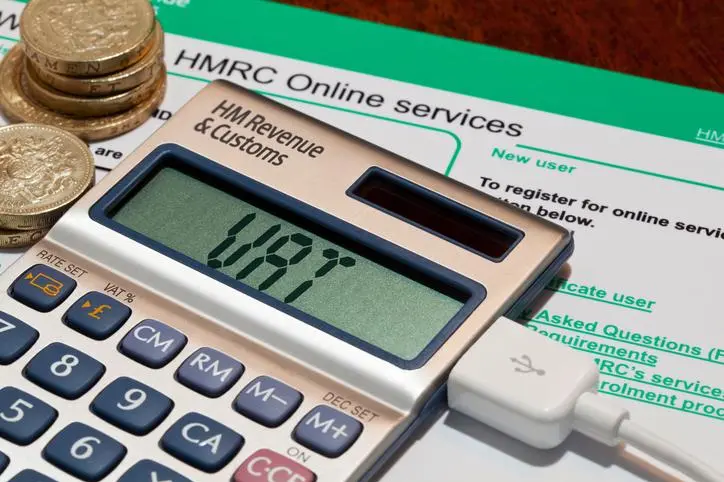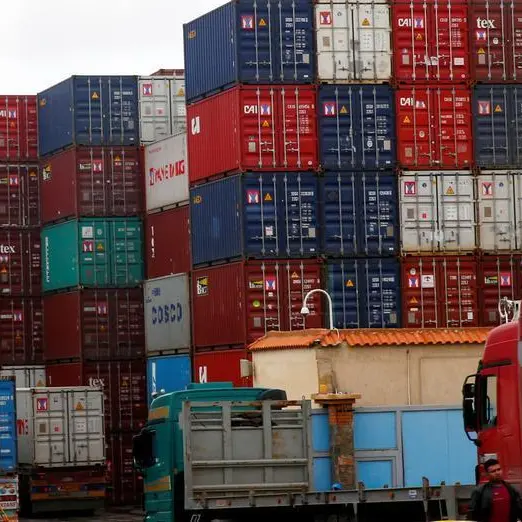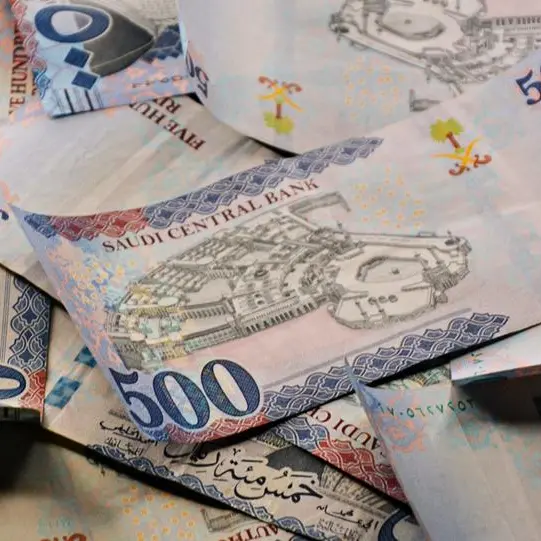PHOTO
Authorities in the United Arab Emirates recognise that illicit trade is a problem, but are working with regional and global partners to tackle the issue, according to an advisor to the Dubai government.
Speaking at a Global Illicit Trade Summit organised by The Economist in Abu Dhabi on Tuesday, Raed Safadi, chief economic advisor to the office of the director-general in the Dubai government, said that the UAE was the highest-ranked Arab country on The Economist's own Global Illicit Trade Environment Index, coming in 34th out of 84 ranked nations.
Other Arab nations fare badly in the index. Saudi Arabia is ranked 50th out of 84 countries, and Iraq and Libya were the two lowest-ranked nations (83rd and 84th respectively).
"Certainly, more is being done," Safadi told the conference's opening panel. "We recognise that it is a problem... but it is not endemic just to the UAE but also the trading partners. And this is why the UAE has always argued in favour of multilateral cooperation in this instance. And it uses regional fora also to try and advance this agenda."
Safadi said that although regional discussions tend to be focused on economic matters, "they face the same challenges and solutions are always found co-operatively". For instance, he highlighted the introduction of VAT - and the broader tax collecting system in general - as an example of co-operation between regional states, although the UAE and Saudi Arabia are the only two countries out of the six Gulf Cooperation Council (GCC) states that agreed to have implemented the tax so far.
He argued that VAT’s introduction had helped to fight illicit trade because it documents goods moving through supply chains offering both consumers and producers protection against counterfeiters.
"The interests go way beyond the revenue (generating) issue. It goes into this security of the value chain, which is now, more than ever, being promoted," Safadi said.
David Luna, a former United States diplomat whose consultancy firm Luna Global Networks advises on transnational security issues, said that he was "really worried and concerned" about the growth of illicit trade in global markets, with The Economist estimating that the global value of illicit trade is between 8-15 percent of global GDP.
"From narcotics trafficking to human trafficking, to the trafficking of illegal tobacco and alcohol, to counterfeit medicines, these are really booming illicit markets," he said.
He added that these markets are expected to double in size over the next five years.
"So the current state of affairs is kind of bleak," Luna said.
Despite this, he said there was evidence of greater cooperation between international law enforcement bodies to crack down on illicit trade, and he also argued that the private sector had an important role to play in terms of intelligence and information-gathering.
"Many companies today have really strong relations with law enforcement, with governments trying to disrupt and dismantle some of these illicit markets," Luna said.
Georg Roebling, head of customs and tobacco anti-fraud policy for the European Commission's anti-fraud office, OLAF, said there was "hardly ever one silver bullet" for combating illicit trade, arguing that a range of measures from enforcement to policy frameworks and incentives were required. He also said that technology such as automation of customs paperwork could play a role.
"Some of the advantages of automatic processes of the IT systems apart from efficiency gains, apart from the speed, is that it creates transparency. Transparency is one of the biggest tools that we have in the fight against corruption," he said.
Speaking on a later panel, however, Michael Morantz, a policy analyst for the Organisation for Economic Cooperation and Development, said that although blockchain technologies have been mooted as a method for providing verified supply chains, in practice these systems will only be as effective as the data entries made into them.
"Unless we have the right, accurate information that’s going into these ledgers, you're not really going to be using these blockchain systems for anything other than facilitating more illicit trade," he said.
(Reporting by Michael Fahy; Editing by Shane McGinley)
Our Standards: The Thomson Reuters Trust Principles
Disclaimer: This article is provided for informational purposes only. The content does not provide tax, legal or investment advice or opinion regarding the suitability, value or profitability of any particular security, portfolio or investment strategy. Read our full disclaimer policy here.
© ZAWYA 2018




















